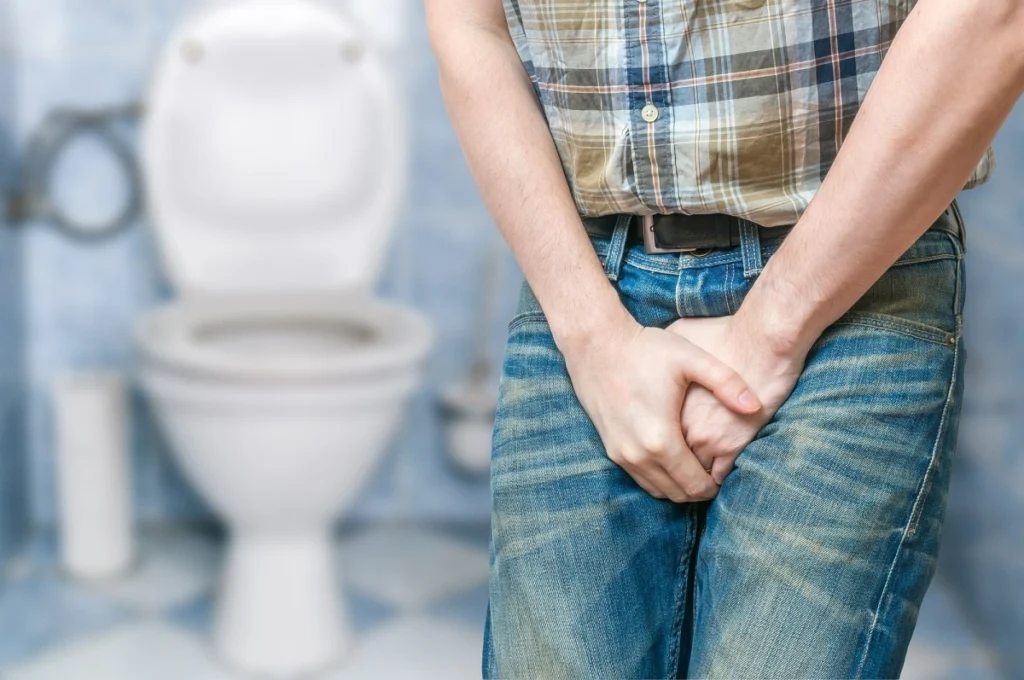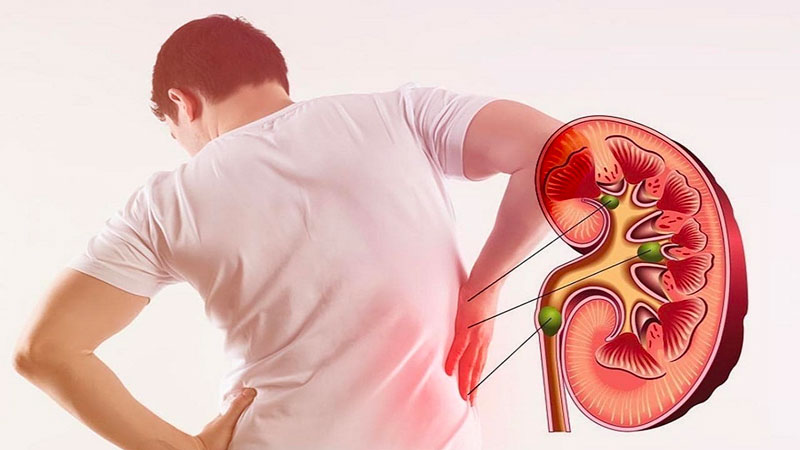
Signs of Unhealthy Kidneys & Their Vital Role in the Body
The Important Role of Kidneys in the Body
The kidneys play a crucial role not only in filtering and eliminating waste products but also in maintaining fluid, mineral, and salt balance in the body. When functioning properly, they support essential bodily functions such as blood pressure regulation, red blood cell production through the hormone erythropoietin, and calcium metabolism.
Warning Signs of Kidney Problems
When kidney function declines, the body may exhibit warning symptoms. Here are some common signs of kidney issues that you should be aware of:
Fatigue and Weakness
When the kidneys are not functioning properly, toxins and waste accumulate in the body, leading to fatigue, low energy levels, and difficulty concentrating. Anemia, caused by reduced erythropoietin production, is often associated with kidney dysfunction, further contributing to fatigue.
Sleep Disturbances
Impaired kidney filtration can lead to toxin buildup in the bloodstream, causing difficulty sleeping. It may also increase the risk of sleep apnea.
Dry and Itchy Skin
Kidney dysfunction can disrupt the balance of minerals and nutrients in the body, leading to dry and itchy skin. This is a serious warning sign of kidney issues.

Frequent Urination
If you urinate frequently, especially at night, it could be a sign of kidney disease. Damaged kidney filters can cause an increased urge to urinate.
Blood in Urine
When the kidney’s filtering system is damaged, blood may leak into the urine, giving it a red or pinkish color. This is a serious symptom and could indicate conditions such as kidney stones, infections, or tumors.
Foamy Urine
Excessive foaming in urine that doesn’t dissipate easily may indicate the presence of protein, particularly albumin, which is usually retained by the kidneys.
Swelling in Ankles and Feet
When the kidneys fail to remove excess sodium, fluid retention occurs, leading to swelling in the lower limbs, especially the ankles and feet.
Loss of Taste and Appetite
Toxin accumulation in the body can result in a loss of appetite and a reduced sense of taste, which are common symptoms of kidney problems.
Muscle Cramps and Chills
Electrolyte imbalances due to impaired kidney function can lead to muscle cramps. Additionally, kidney-related anemia can cause chills due to insufficient oxygen delivery to tissues.
Main Causes of Kidney Disease
Diabetes
Kidney disease is a common complication of diabetes. High blood glucose levels can damage the kidney’s filtering units, leading to chronic kidney disease.
High Blood Pressure
Hypertension damages the small blood vessels in the kidneys, leading to chronic kidney disease. Proper blood pressure control is essential for kidney health.
Polycystic Kidney Disease
This genetic disorder causes cysts to develop in the kidneys, leading to kidney dysfunction over time.

Kidney Infections
Untreated kidney infections can lead to kidney failure and long-term damage.
Medication Side Effects
Long-term use of certain drugs, such as lithium and nonsteroidal anti-inflammatory drugs (NSAIDs), can harm the kidneys.
Autoimmune Diseases
Conditions like systemic lupus erythematosus can cause kidney inflammation, leading to chronic kidney disease.

Complications of Kidney Disease
If left untreated, kidney disease can lead to severe complications, including:
- Anemia: Reduced erythropoietin production leads to anemia and cardiovascular problems.
- Heart Disease: Kidney patients have a higher risk of heart conditions, including coronary artery disease and heart failure.
- Hyperkalemia: The body’s inability to remove excess potassium can lead to dangerous heart conditions.
- Fluid Retention: Excess fluid accumulation causes swelling and high blood pressure.
- Bone Disease: Increased phosphate levels can weaken bones and contribute to cardiovascular issues.
How to Reduce the Risk of Kidney Disease
To protect kidney health, adopt a healthy lifestyle and maintain good habits:
- Healthy Lifestyle: Exercise regularly, maintain a healthy weight, and keep blood pressure stable.
- Balanced Diet: Reduce salt and fat intake, eat more vegetables, and stay hydrated.
- Regular Check-ups: Routine health screenings can help detect and treat kidney issues early.
Conclusion
Recognizing the signs of kidney disease and responding promptly is crucial for maintaining overall health. If you experience any symptoms of kidney problems, consult a doctor for timely diagnosis and treatment to ensure long-term well-being.